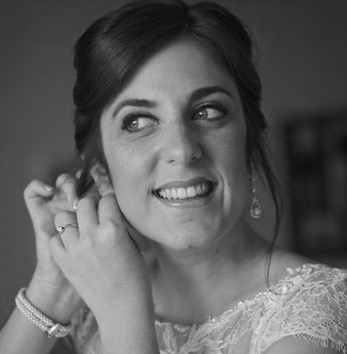How positive you are that the Holocaust really occurred? That it is not one big fraud planned by the US and its allies? That the pictures that you see of piles of dead bodies are not just the bodies of Jews who fled to Europe from communist Russia and died from typhus disease? That the use of Zyklon B was not an attempt made by the Germans to stop the spread of this terrible disease? That when high-ranked Nazis admitted to committing terrible crimes against minorities and seeking to kill all Jews after they got arrested, weren’t forced to do so by the victors of the war? What would you say to a Holocaust survivor’s testimony that confirms that information? Where she explains that the reason the Nazis cut their hair was lice epidemic, and that they were lucky to sleep in cramped bunk beds that the Nazis managed to arrange for them, because the alternative was sleeping outside in the cold.
All of the above is part of a documentary named: “Adolf Hitler – the greatest story never told.” This three-hour long film is merely a small part of a growing list of conspiracy-based films proving the Holocaust never existed. Accompanied by an American narration and dramatic music, those films provide answers to every doubt that may arise while watching. They show documented proof to every single claim they make and are very convincing. They are also being sold on mainstream websites, such as Amazon, which provides them with another approval of authenticity.
The technology of the 21st century allows haters to deny the occurrence of the Holocaust with a simple editing program and some viral push in social networks. By disguising lies as solid facts, creators of those films fool thousands of unaware people every day. Lies that are easy for us to detect can seem as reliable facts to the many people who are not surrounded by the memory of the Holocaust.
Up until recently, those Holocaust deniers, wishing to spread hate throughout the world, had very little impact while facing Holocaust survivors and European citizens from those dark times. With time, though, the number of witnesses is decreasing rapidly. If I heard a testimony from a Holocaust survivor every year from first to 12th grade, my nine year-old cousin will not have that privilege. She will have to rely on the stories being told to her by her teachers and family members. She will also have to watch the films and documentaries that fill the entire broadcast schedule of the Israeli television during the Holocaust Memorial Day. She will have to visit Poland in the 11th grade with her class, as part of the ongoing national program. She will have to ask questions, be interested and remember.
Soon it will be entirely up to us, the second and third generation, to keep the memory of the Holocaust alive so that history could never repeat itself. Once the witnesses all rest in peace, all we will have left are stories, pictures and items that can be easily be claimed as fake. It will be us against them, and we must continue being the majority. Denying the Holocaust is now as easy as proving it occurred, and social networks are still unable to detect lies.
In recent years, anti-Semites and neo-Nazis are carefully stepping out of the shadows and managing to slowly sweep groups of fans after them. Making people believe they are not the ones to blame for their own troubles is easy, especially in times of financial struggle. Placing the blame on someone else is easier. Now, we can still fight them virtually, forcing them back into the darkness. We can still write to Amazon and ask them to stop working with contributors poisoning people’s minds with lies. We can still counter those lies online. We can no longer sit aside with confidence that “it will never happen again,” the time to act is now.























 More news and opinions than at a Shabbat dinner, right in your inbox.
More news and opinions than at a Shabbat dinner, right in your inbox.